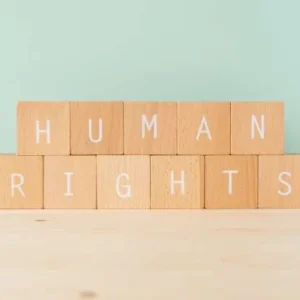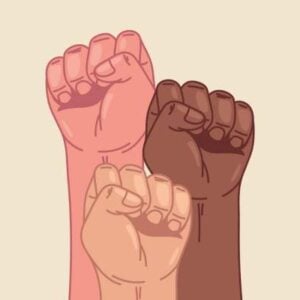Amnesty International has raised serious concerns over the rule of law in El Salvador, warning that the state of exception and recent penal reforms have created a repressive apparatus used to criminalize human rights defenders and silence critical voices. The state of exception, now extended 42 consecutive times over more than three years, allows mass detentions without evidence, suspension of judicial guarantees, and excessive administrative detention, creating a veneer of legality for practices that violate fundamental rights.
Recent legal reforms have intensified these issues by allowing the concealment of judges’ identities, automatic pretrial detention, and harsher punishments for children and adolescents. Regional and international human rights bodies have noted that these changes contravene established standards, undermining the impartiality of the justice system and transforming it into a tool for punishing dissent. Ana Piquer, Americas Director at Amnesty International, highlighted that defending human rights or peacefully protesting can now result in imprisonment.
Amnesty has documented how authorities use vague criminal classifications such as “illegal groups” or “terrorist organizations” to target community leaders, trade unionists, and environmental defenders. More than 70 cases of arbitrary detention have been identified, in which individuals were deprived of liberty without the guarantees of due process. In July 2025, Ruth López, Alejandro Henríquez, and José Ángel Pérez were declared prisoners of conscience for being imprisoned solely for their human rights work and peaceful expression. These cases illustrate the misuse of administrative detention, pretrial detention, and extended investigation periods, often without new evidence or judicial review.
The Salvadoran prison system exacerbates the situation with extreme overcrowding, prolonged solitary confinement, lack of medical care, and risks of torture. Cases such as constitutional lawyer Enrique Anaya and UNIDECH spokesperson Fidel Zavala highlight the severe health and safety risks faced by detainees under opaque and uncontrolled prison conditions. Amnesty International stresses that prolonged isolation and inhumane detention are used strategically to instill fear, suppress civic engagement, and limit community activism.
The Inter-American Commission on Human Rights (IACHR) granted precautionary measures to Ruth López and Enrique Anaya on 23 September 2025, recognizing that their detention conditions put their lives, health, and integrity at serious risk. Amnesty International calls on Salvadoran authorities to release all individuals detained solely for exercising human rights, comply fully with IACHR precautionary measures, and urges the international community to increase scrutiny to prevent further abuse of the justice system as a tool of repression.






